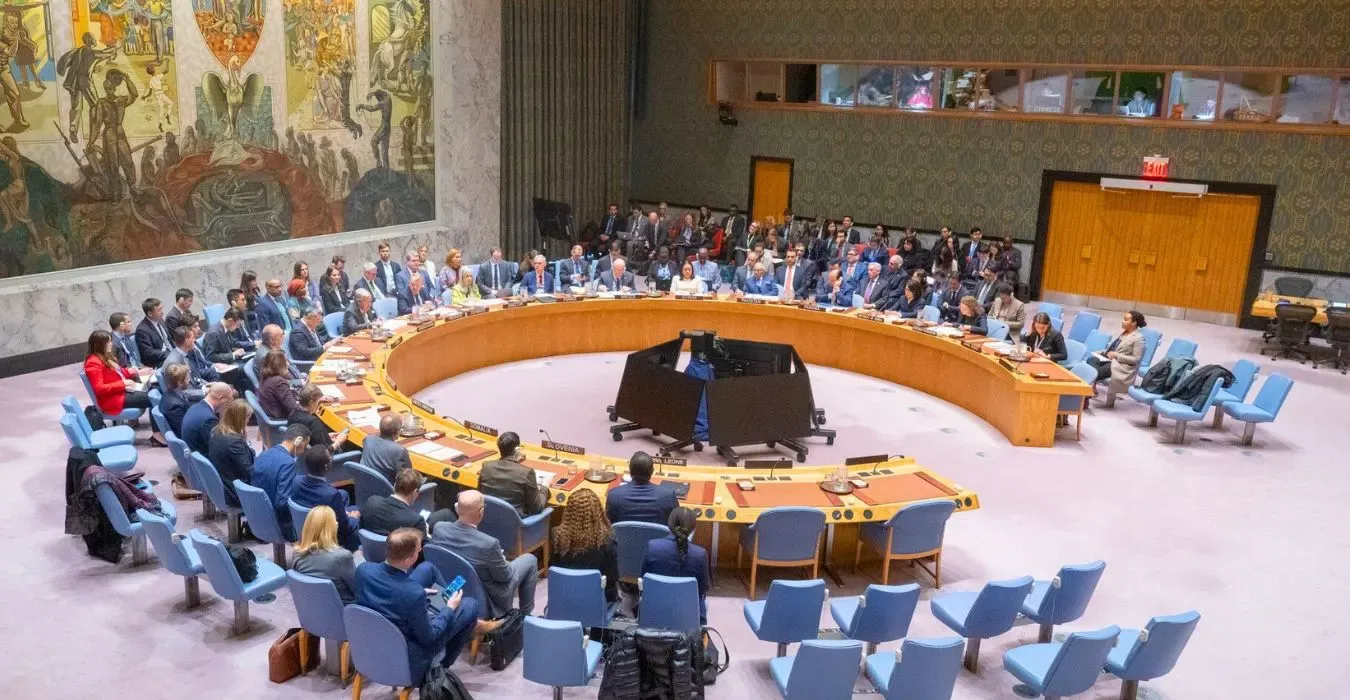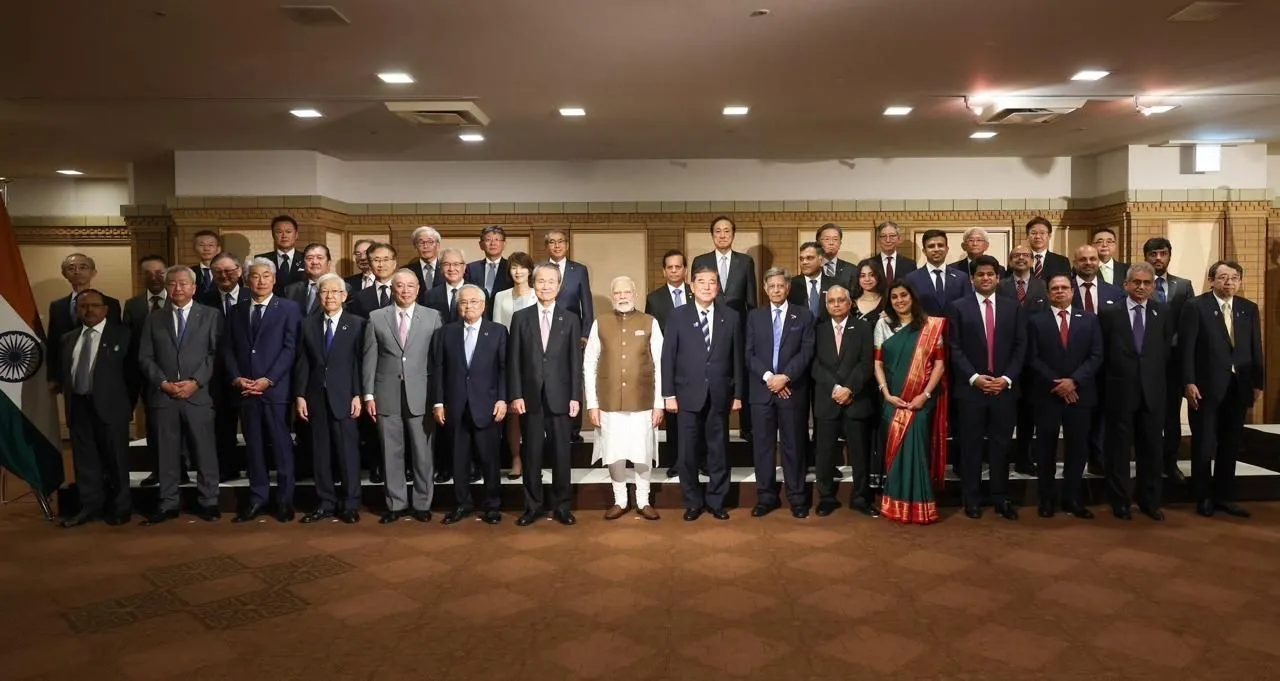DSA Correspondent
India Asserts J&K Sovereignty at UN, Demands Pakistan's Withdrawal
At a recent UN Security Council session, India's Permanent Representative, Ambassador Parvathaneni Harish, firmly rejected Pakistan's references to Jammu and Kashmir. Reaffirming J&K as an integral part of India, he urged Pakistan to vacate illegally occupied territories, including Pakistan-occupied Kashmir (POK) and cease its decades-long support for cross-border terrorism targeting India.
In a powerful and resolute address during a United Nations Security Council (UNSC) meeting convened to discuss global peace and security, India’s Permanent Representative, Ambassador Parvathaneni Harish, delivered a stinging rebuke to Pakistan’s latest attempt to raise the Jammu and Kashmir (J&K) issue on the international stage.
Source: indiatoday
Ambassador Harish dismissed Pakistan’s references to J&K as “unwarranted” and “politically motivated,” reiterating India’s long-standing position that the region “was, is and will always remain an integral part of India.” He underscored that the abrogation of Article 370 in August 2019, which revoked J&K’s special status and fully integrated it into the Indian Union, was a sovereign decision upheld by India’s Supreme Court in December 2023. “Pakistan has no locus standi to comment on India’s internal matters,” Harish asserted, accusing Islamabad of exploiting the UNSC platform to push a “baseless narrative” that contravenes the principles of sovereignty enshrined in the UN Charter.
Taking the offensive, India spotlighted Pakistan’s illegal occupation of parts of Jammu and Kashmir, specifically areas known as Pakistan-occupied Kashmir (PoK), including Gilgit-Baltistan. “We call upon Pakistan to vacate all areas under its illegal occupation,” Harish demanded, referencing the historical context of the 1947-48 conflict when Pakistani tribal militias, backed by its military, invaded the princely state of Jammu and Kashmir, leading to the division of the region. He cited the UNSC Resolution 47 of 1948, which mandated Pakistan to withdraw all its forces and nationals from the territory as a prerequisite for any further steps—a condition Pakistan has never fulfilled.
The ambassador escalated India’s critique by accusing Pakistan of being a global epicenter of terrorism. “Support for terrorist groups operating from its soil must stop. There can be no justification for terrorism in any form,” Harish declared.
He pointed to documented evidence of Pakistan’s backing of groups like Lashkar-e-Taiba and Jaish-e-Mohammed, responsible for attacks such as the 2008 Mumbai massacre and the 2019 Pulwama bombing, which killed 40 Indian security personnel. “Pakistan’s policy of using terror as a state-sponsored tool to destabilise India and the region is an open secret,” he added, urging the international community to hold Islamabad accountable under frameworks like the UN’s Global Counter-Terrorism Strategy.
India’s sharp retort came after Pakistan’s envoy raised the Kashmir issue during the Council’s deliberations, alleging human rights violations and calling for “self-determination” in J&K. Harish countered these claims by highlighting the restoration of peace and development in the region post-2019, including the successful conduct of local elections in 2024, which saw unprecedented voter turnout in the Union Territories of Jammu & Kashmir and Ladakh. “The people of J&K have embraced democracy and progress within the Indian framework, while Pakistan continues to peddle disinformation,” he said.
In a broader appeal, Harish linked India’s stance to the UNSC’s mandate, arguing that Pakistan’s actions undermine regional stability and global peace. “The only pending issue is the return of territories illegally occupied by Pakistan and the cessation of its terror infrastructure,” he concluded, signaling New Delhi’s intent to keep the pressure on Islamabad diplomatically.
This robust statement reaffirms India’s unwavering position on Jammu and Kashmir, bolstered by legal, historical and democratic arguments, while casting a spotlight on Pakistan’s role in perpetuating conflict. As tensions simmer in South Asia, India’s call for accountability and an end to cross-border terrorism resonates as a clarion call for justice and regional harmony.

-min.webp)

.webp)
.webp)
.webp)
.webp)
.webp)
.webp)



 9958382999
9958382999
